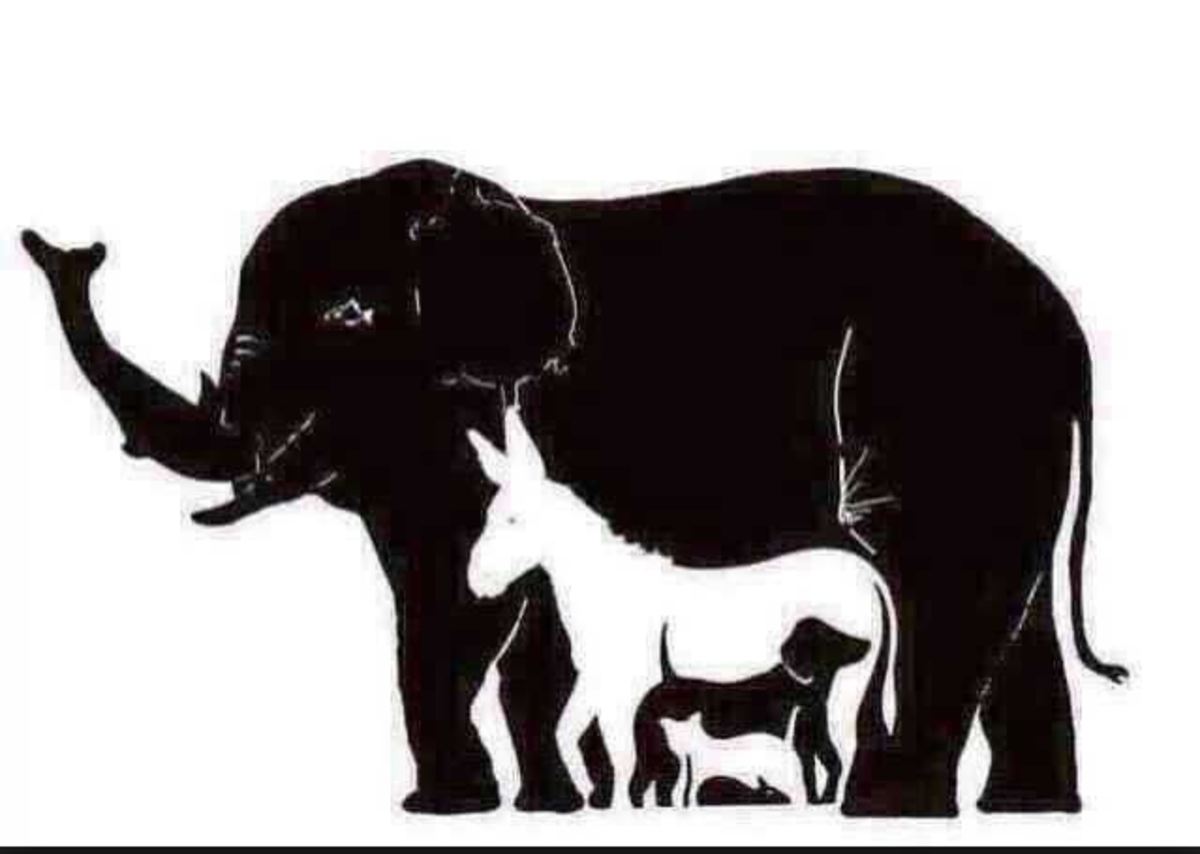The Illusion of Time and the Truth of Eternity

The Concept of Time
Many physicists have agreed that time is an illusion. It might be more accurate to state that our concept of time derives from the properties of our mental states. It isn’t time that’s changing, it’s our perception of reality. Think of it as energy; the first law of thermodynamics states that energy can neither be created nor destroyed. With this in mind, we can view the world in much the same way. It’s not time that is moving, it’s our perception of the state of things. When creamer is poured into coffee, it doesn’t disappear from existence, it changes its form.
The Here and Now
In the block universe, which it’s theorized that we inhabit a giant four-dimensional block where the past, present, and future exist as one. We inhabit four spatial dimensions and time is the fourth dimension. In this finite place, all of time exists, from the beginning of the universe to its death and everything in between exists within it.
We determine our days by the ticking of the clock and the setting and rising of the sun. In truth, it is always “the present”. You are always in the here and now and the past and future don’t exist because it’s still technically the present. Events in time have their own coordinates in space-time, which connects past, present, and future. Therefore, time exists without tense because any and all possibilities are bound to the framework inside of the block universe.
What We See is Entropy
The reason why we believe that time exists is that we see change, but the relativistic nature of time means that what we see can’t be fully trusted. Past, present, and future all exist at once, so nothing is actually changing. This means that the change comes from our perception of the state of things, not the actual passage of time. It’s like binary code; you only have ones and zeroes. You can change the sequences and you can change the order, but it’s always only going to be one and zero.
Entropy is often mistaken for disorder, but it’s not that simple. Entropy is a thermodynamic quantity that represents the unavailability of a system's thermal energy for conversion into mechanical work, and from this, it’s easy to see how it can be defined as disorder. As things heat up and ostensibly change, it’s a subjective difference and not necessarily an objective one. When you heat a cold steak until it’s well done it goes through various stages of entropy, that doesn’t make it bad.
Time can be seen the same way as entropy. The arrow of time leads us to believe that things grow old and die. We can’t be blamed for believing this because we don’t experience life in reverse. It’s one thing to say that the past, present, and future exist as one, but that’s not our conscious reality. What we can accept, at least in theory, is that time reacts differently in quantum physics.
Redefining Time
Physicists at the Australian National University confirmed that present actions can affect past events. In their tests, they discovered that if you offer a speeding helium atom two possible paths, the route it takes is retroactively determined by the act of measuring the atom (O’Connell, 2015). We may not know exactly how we’re affected by this in our macro-world, but logically we have to be affected by this defiance of time because the universe consists of quanta.
To say that time is a complete illusion might be a bold statement. It's true that time is not exactly what we think it is. Its’ relativity alone shows this in that there are different times that co-exist. If you lived on Mars you would experience time differently. Time on Mars moves faster than on Earth because Earth is a high-gravity body. The presence of planets within space-time reveals time to be something akin to a fabric that can be affected by matter within it. It’s something that is, rather than something that moves.
Albert Einstein's theory of relativity states that time is just another dimension in space, and it's believed that the laws of nature exist outside of time. This possibility creates the meta-law dilemma because laws would have to evolve if they're subject to the traversability of time. The dilemma might appear like a conundrum, but considering what we know (and don’t know) it stands to reason. The majority of the universe consists of dark matter and dark energy and there’s a tremendous lack of readily available data to comprehend the cosmological scope.
New Information
The universe is expanding faster somehow and what is it expanding into? There has to be a cause and effect process between the barriers of time and outside of time, like quanta affects our reality on some level. Theoretically, we could be expanding into information, true information, and with the malleability of our world, it very well could affect our concept of time in numerous ways.
Time as we know it is a solid measurement that allows order into our lives, but none of us fully understand it. Perhaps the only solid truths reside in the place of absolute possibility.
Sources
S. Goldstein and J. L. Lebowitz, On the Boltzmann Entropy of Nonequilibrium Systems, Physica D, 193, 53-66, (2004); {b)} P. Garrido, S. Goldstein and J. L. Lebowitz, The Boltzmann Entropy of Dense Fluids Not in Local Equilibrium, Phys. Rev. Lett. 92, 050602, (2003).
Moskowitz, Clara.(April 26, 2013). Controversially, Physicist Argues Time Is Real. Retrieved from: https://www.livescience.com/29081-time-real-illusion-smolin.html
O’Connel, Cathel. (June 22, 2015). Time travel and the single atom. Retrieved from: https://cosmosmagazine.com/physics/time-travel-and-single-atom
Eck, Allison. (November 28, 2017). Scientists Reverse Arrow of Time in Quantum Experiment. Retrieved from: https://www.pbs.org/wgbh/nova/article/scientists-reverse-arrow-of-time-in-quantum-experiment/








